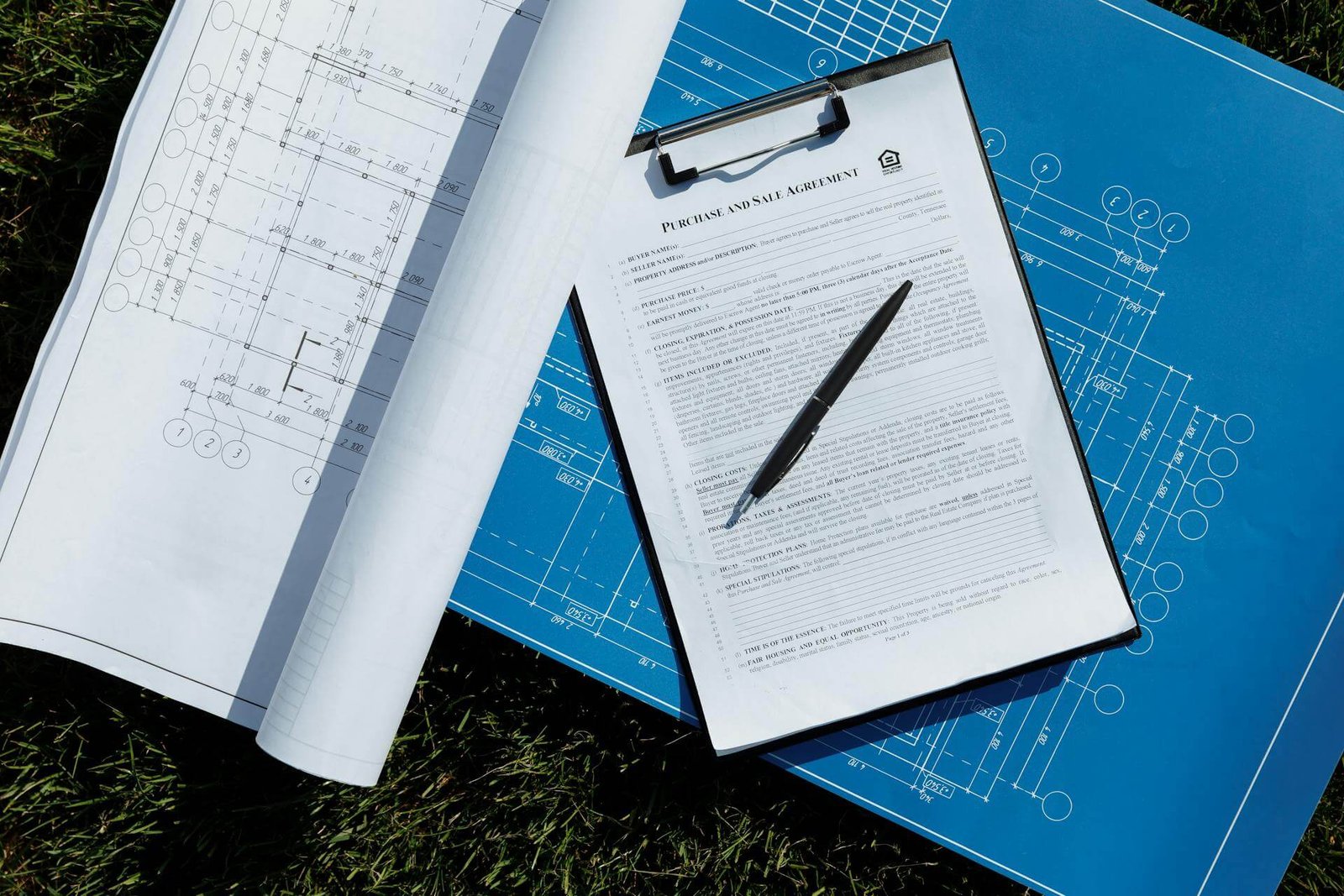THE CASE LAWYER
ISO CERTIFIED LAW FIRM
IN ISLAMABAD
Special Services for Overseas Pakistanis
Ranked No. 1 Information Technology Law Firm in Pakistan
Ranked No. 1 Information Technology Law Firm in Pakistan
iTechLaw is a project of The Case Lawyer that deals with the technology laws and resolve legal issues of technology businesses. Our professionals can understand the technical legal compliance in technology industry.
Overseas Pakistanis Legal Services is a project of The Case Lawyer that deals with the legal problems of our Overseas Pakistanis as they require an efficient and accessible platform for redressal of their grievance.
Offshore Filings is an international project of The Case Lawyer that helps our clients to get registered their business, regulatory compliance and intellectual property in international jurisdictions being a non-resident.
Legal Services for Overseas Pakistanis
Family Disputes
Best Family Lawyer in Islamabad for Overseas Pakistanis
Muslim Divorce
Best Lawyer for Muslim Divorce (Shia & Sunni) in Islamabad
Christian Divorce
Christian Divorce & Christian Family Disputes Lawyer in Islamabad
Child Adoption
Best Child Adoption Lawyer in Islamabad for Overseas Pakistanis
Child Custody
International Child Custody Lawyer for Overseas Pakistanis in Islamabad
Child Maintenance
Experienced Child Maintenance Lawyer in Islamabad for Overseas Pakistanis
Wife Maintenance
Best Wife Maintenance Lawyer in Islamabad for Overseas Pakistanis
Second Marriage
Hire Our Best Lawyer for Second Marriage Disputes in Pakistan
Online Marriage
Online Marriage through Internet and Modern Devices in Pakistan
Inheritance Disputes
Best Inheritance Disputes Lawyer in Islamabad for Overseas Pakistanis
Guardianship Certificate
Best Guardianship Lawyer in Islamabad for Overseas Pakistanis
Power of Attorney
Power of Attorney Registration & Attestation Services for Overseas Pakistanis
Property Ownership Disputes
Property Ownership Disputes of Overseas Pakistanis
Property Rent Disputes
Property Rent Disputes Between Landlords and Tenants in Islamabad
Domestic Violence
Best Lawyer against Domestic Violence for Overseas Pakistanis
Pakistani Citizenship Disputes
Acquisition and Renunciation of Pakistani Citizenship
Property Transfer & Registration
Transfer and Registration of Property for Overseas Pakistanis
Overseas Pakistanis Legal Services
Legal Services for Overseas Pakistanis in Pakistan
Internet and E-Commerce Laws
Internet & E-Commerce
Specialized Lawyers in Internet and E-Commerce Laws
Social Media Laws
Best Lawyer for Social Media Regulation in Pakistan
Domain Name Dispute
Legal Services for Internet Domain Name Dispute
Online Brand Protection
Special Lawyer for Online Brand Protection in Pakistan
Online Piracy Protection
Internet Piracy and Anti-Counterfeiting Enforcement Lawyer in Pakistan
DMCA Legal Services
Special Lawyer for DMCA Notice and Takedown
Amazon Brand Registry
Best Amazon Brand Registry Lawyer in Pakistan
Amazon Seller's Lawyer
Best Amazon Seller's Lawyer and Legal Services in Pakistan
Electronic Agreements
Legal Drafting Lawyer for Contracts & Electronic Agreements
Business Registration Services in Pakistan
PVT Company
Private Limited Company Registration in Pakistan
Sole Proprietorship
Sole Proprietorship Business Registration in Pakistan
Partnership Firm
Registration of Partnership Firm in Pakistan
Foreign Company
Liaison Office & Foreign Company Registration
I.T Company
I.T Company Registration in Pakistan
Software Company
Registration of Software Company
Call Center
Registration of Call Center Business
PSEB Registration
Pakistan Software Export Board (PSEB) Registration
Real Estate Company
Real Estate Company Registration Services in Pakistan
Construction Company
Complete Registration of Construction Company in Pakistan
Chamber of Commerce
Registration with the Islamabad Chamber of Commerce
DOCUMENTS TRANSLATION & ATTESTATION
Documents Translation
Certified Document Translation & Registration Services
Document Notarization
Document Notarizations and Attestations in Islamabad
UAE Attestation
Documents Attestation from UAE Embassy in Islamabad
Divorce Registration
Divorce Deed Drafting & Registration Certificate in Islamabad
Contract Drafting
Contract Drafting & Agreement Registration Service
Power of Attorney
Power of Attorney Registration & Attestation Services in Pakistan
STUDY AND VISIT VISA SERVICES
Study & Travel Visa Services
Travel to U.K, Georgia, Australia and Canada for Study and Visit
U.K Standard Visitor Visa
Best Consultant for United Kingdom Tourist Visa in Islamabad
Visitor Visa of Canada
Best Consultant for Canada Visit Visa in Islamabad
CONTACT AND LOCATIONWe are here for you
24 hours a day, 7 days a week
HOURS:
Mon to Sat: 9am – 5pm
ADDRESS:
Office No. 25, First Floor of Al-Inayat Mall, G-11 Markaz, Islamabad.
EMAIL:
clients@thecaselawyer.com
Contact The Case Lawyer
Contact The Case Lawyer
VERIFIED & RANKING NO. 1 ON GOOGLE
THE CASE LAWYER
Main Saddar, Rawalpindi
Sector G-11, Islamabad
Sector F-10, Islamabad
clients@thecaselawyer.com
SERVICES
QUICK LINKS
Our Offices
Pakistan | United Kingdom | USA | Canada | Australia | France | Germany | UAE | Europe | Middle East















































